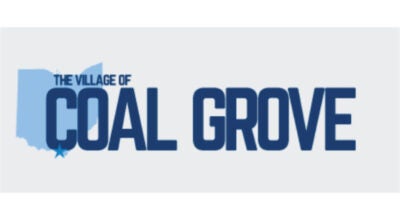HHS releases more than $188M for low-income home energy assistance
Published 12:00 am Tuesday, November 8, 2022
Move urged by Brown
CLEVELAND — U.S. Sen. Sherrod Brown, D-Ohio, announced the U.S. Department of Health and Human Services will release more than $188 million in funds for Ohio’s Low-Income Home Energy Assistance Program, which helps Ohio’s low-income households and seniors pay energy bills during the cold winter and hot summer months.
“As temperatures go from one extreme to the other, we must make sure Ohio families are able to keep their homes warm this winter,” Brown said. “Ohioans shouldn’t have to choose between keeping warm or putting food on the table. LIHEAP is a lifeline for thousands of Ohio families who struggle during the winter months.”
The release of these funds comes after Brown joined his colleagues in a letter to HHS Secretary Xavier Bacerra last month, requesting HHS release the funds as quickly and at the highest level possible, so that low-income households and seniors can get the assistance they need ahead of the harsh winter months. During the 2020-2021 winter, more than 270,000 Ohio homes used LIHEAP to help cover their home energy costs.
Brown worked with colleagues to secure $1 billion in emergency funding for the program in the short-term “continuing resolution” funding package President Biden signed into law last month.
Senior citizens and those receiving Social Security Disability or Supplemental Security Income benefits are encouraged to apply as early as possible, but applications will be open to everyone through spring of 2023 — or until the funding is exhausted.
LIHEAP is administered by states and accessed through local Community Action Agencies. Eligibility is based on income, family size, and the availability of resources.
Brown has long been a supporter of LIHEAP, previously urging both the Trump and Obama administrations to release funds for the program. In 2020, he introduced the ASSET Act to eliminate asset limits as a means of eligibility for three vital public assistance programs, including LIHEAP, and raise asset limits for a fourth program.






